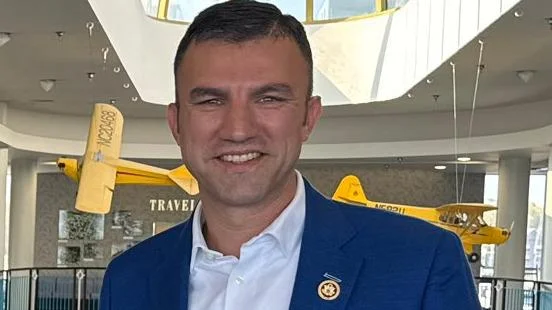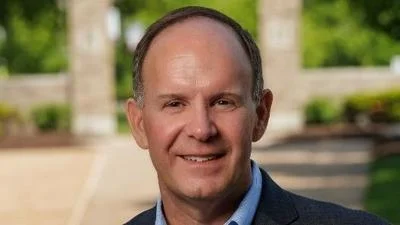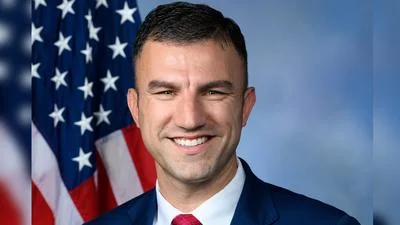U.S. Rep. Rudy Yakym Serving Indiana's 2nd District | Twitter Website
U.S. Rep. Rudy Yakym Serving Indiana's 2nd District | Twitter Website
Two weeks ago, House Republicans passed the One Big Beautiful Bill, which is now under review in the Senate and could soon be sent to President Trump's desk. The bill's purpose is to cut taxes, reduce federal spending, secure the border permanently, and reform welfare.
According to Congressman Rudy Yakym of Indiana's 2nd District, "The One Big Beautiful Bill isn’t some bloated spending package. It doesn’t give any money to the Department of Education, HUD, or the EPA." Instead, it aims to make the 2017 Trump Tax Cuts permanent. This would mean larger paychecks and incentives for companies to keep jobs in the U.S.
The bill proposes eliminating taxes on tips and overtime pay and offers an additional tax deduction for seniors. It also makes permanent the Child Tax Credit and small business deductions. These measures are intended to provide relief to families and businesses alike.
In terms of welfare reform, the bill requires able-bodied adults to work at least 80 hours per month or participate in training or volunteering activities to receive benefits. Congressman Yakym stated that "Welfare should be a short-term bridge, not a permanent lifestyle."
There are claims that the bill increases the deficit; however, Yakym counters this by noting that "the bill cuts federal spending by over $1.6 trillion — the biggest federal spending cut in history," based on Congressional Budget Office numbers.
The bill also seeks full funding for border security measures including the southern border wall. It aims to enhance law enforcement capabilities for immigration control.
Yakym emphasizes that "This is a bill written by conservatives who listened to voters," focusing on lower taxes, smaller government, and enhanced border security. At its core, he says it respects American workers' efforts by giving back after years of taxation.





 Alerts Sign-up
Alerts Sign-up